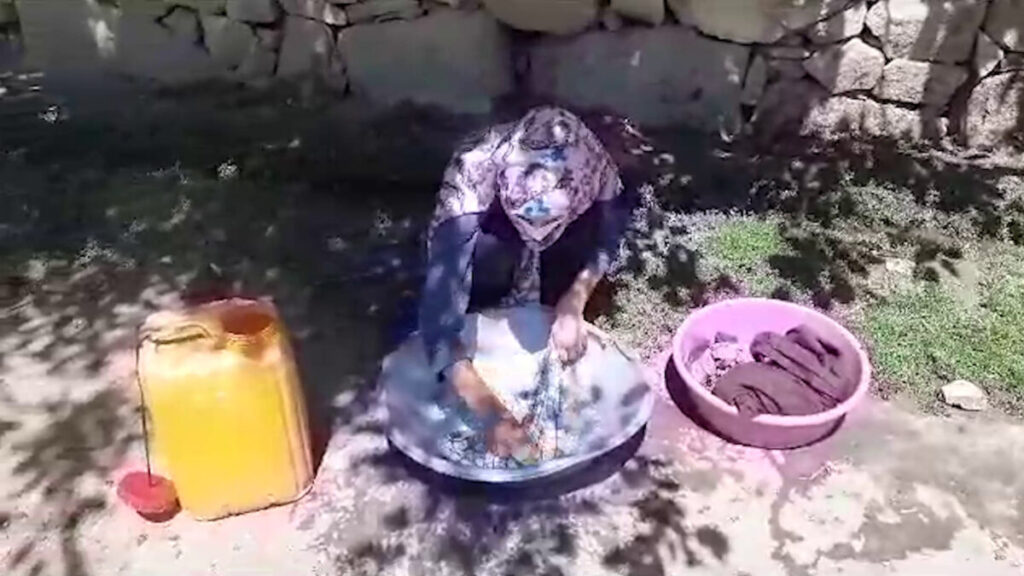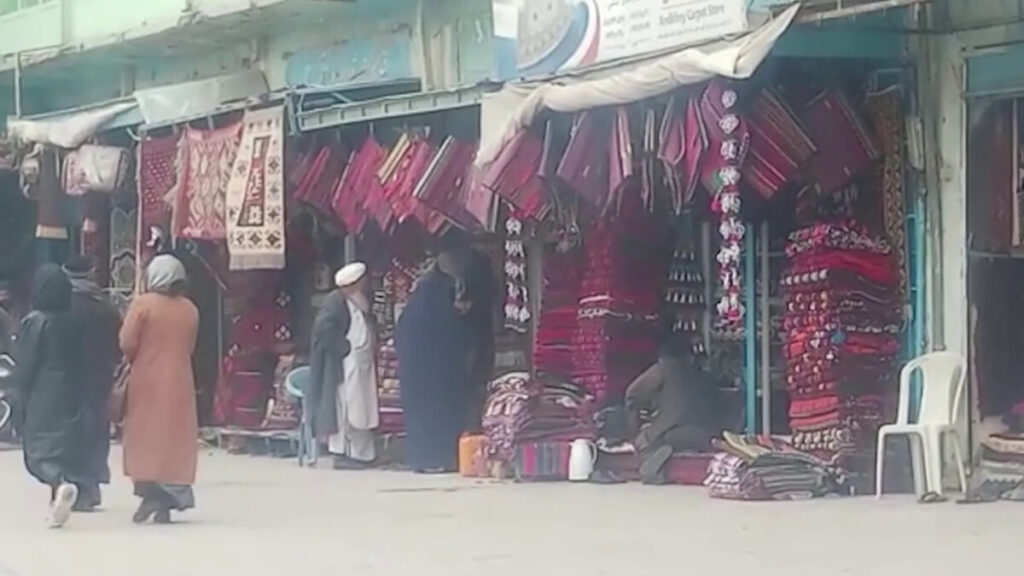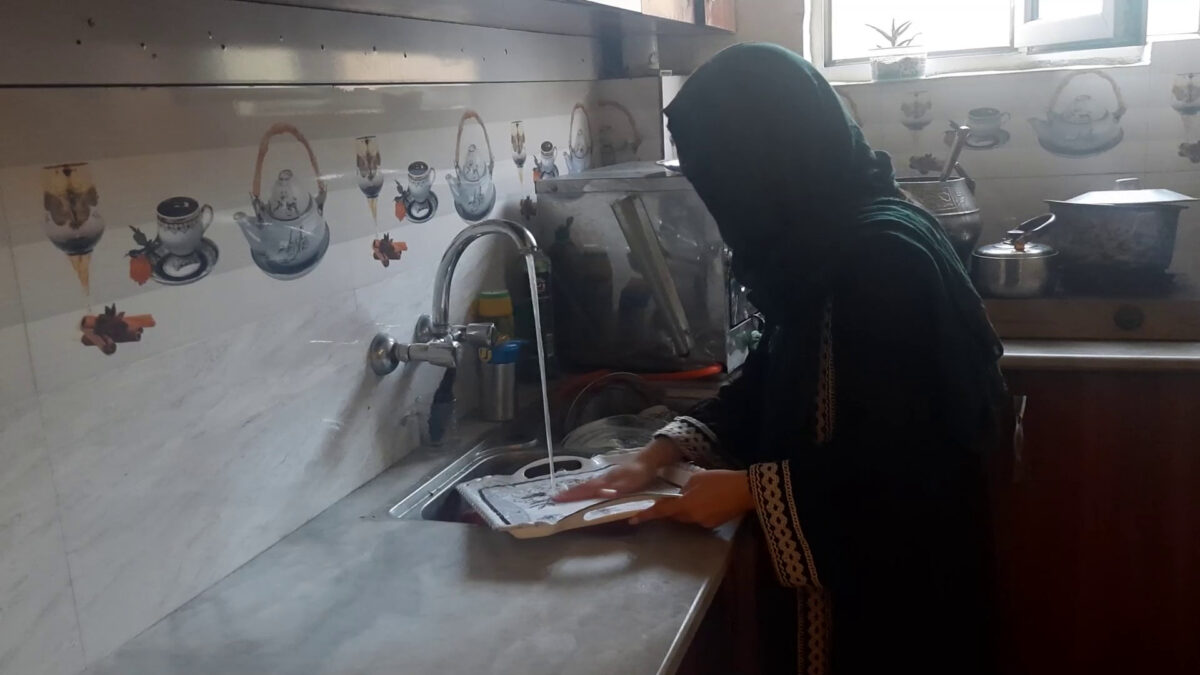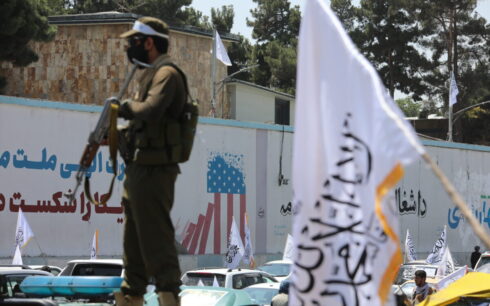Forced and underage marriages have been a longstanding issue in Afghanistan, yet the stories of victims, particularly those in remote areas, often remain untold.
In an effort to shed light on this tragic reality, Amu interviewed a number of women who have fallen victim to forced and underage marriages in the northeastern province of Badakhshan, revealing the heartbreaking narratives they carry.
Zarafshan, an alias, was only 13 years old when she was forced into marriage, thrust into a role for which she was unprepared. The weight of household responsibilities now rests heavily on her young shoulders.
“I am one of the girls who have fallen victim to forced marriages. I was coerced into marriage at the age of 13, an age when I should have been busy playing like other children. Instead, I was burdened with washing my husband’s clothes and carrying the responsibilities of running a household. I always longed to play with other children,” Zarafshan shared.
Tragically, these narratives persist. Sharifa, another victim, reveals that poverty and hardship forced her family to arrange a marriage for her without her consent.
“My father decided to force me into marriage after failing to provide for the family’s needs,” Sharifa explained.

According to Shaqayiq, a resident of Badakhshan, “From the perspective of Islam and Sharia, a marriage would be considered invalid when a man and a woman do not give their consent to the union.”
Meanwhile, a girl from the Shighnan district of Badakhshan recounted her escape from a Taliban member who was attempting to force her into marriage. Farida, an alias, who is still underage, has sought refuge in Mazar-e-Sharif city in northern Balkh province. She refused to surrender to a life she never chose.
“Taliban members, who were much older, were forcibly marrying underage girls. That is why my parents sent me to Mazar-e-Sharif,” she claimed.
“In the society I live in, women’s voices are silenced, and women are oppressed every day. Girls are deprived of their fundamental human rights. We have even been denied the right to education, which is the basic right of every human being,” expressed Kaynat, another victim of forced marriage.
These stories offer just a glimpse into the pervasive issue of forced and underage marriages in Afghanistan. Countless incidents occur in villages across the country, often unnoticed by the media, and the dreams of these young girls remain buried and unfulfilled.
Recent UN reports have exposed a distressing reality in Afghanistan, bringing to the forefront the alarming prevalence of forced and early marriages within the country. These reports offer a stark reminder that behind closed doors, countless women and girls in Afghanistan are subjected to a life marked by coercion, robbed of their freedom, rights, and futures.

According to the United Nations, forced and early marriages continue to plague Afghanistan, particularly in remote and marginalized communities where poverty, cultural norms, and conflict exacerbate the issue. Disturbingly, girls as young as nine to 13 years old are often married off without their consent, stripped of their childhood and subjected to a lifetime of hardships.
UNICEF in a report in November 2021 said that they have received credible reports of families offering daughters as young as 20 days old up for future marriage in return for a dowry.
Even before the latest political instability, UNICEF’s partners registered 183 child marriages and 10 cases of selling of children over 2018 and 2019 in Herat and Baghdis provinces alone, said the organization, adding that the children were between 6 months and 17 years of age.
UNICEF estimates that 28 percent of Afghan women aged 15–49 years were married before the age of 18.





